Honda arm wireless charging, the new "skull"
Nowadays, pure electric vehicles have become the future development trend, and Honda, as a loyal person of "black technology", will naturally not let go of the development in the new energy field. This time Honda applied for a "strange" wireless charging. The patent, and the reason it is strange, is because it is designed like a tram, which makes people open their minds. What kind of patent is that?

Speaking of wireless charging, most people think that this is a very difficult thing, but in principle, wireless charging is not complicated. The core idea of ​​wireless charging is to use electromagnetic induction technology to generate a vibration-induced magnetic field through the alternating current of the primary coil, in which the secondary current close to the primary also generates an induced current.

In fact, the technical principle of wireless charging is not complicated, but the development speed is still relatively slow now. If the research and development ideas are correct, mature and popularization is a matter of time.
The wireless charging method used in electric vehicles is to bury the charging cable and the reflection coil in the parking space. When the vehicle enters the parking space, the receiving coil installed at the bottom of the vehicle coincides with the transmitting coil, and the transmitting coil generates an alternating magnetic field, and the receiving coil generates Current is passed through the inverter to transfer power to the battery, which is the simplest mode of wireless charging.

Most of today's wireless charging products are fixed on the ground, and the vehicle can only be wirelessly charged when it is stationary.
In most of today's wireless charging devices, the above methods are basically adopted. Although this method is far from mature, it has already had quite reliable products, such as Qualcomm and Evatran, which have already launched themselves. The wireless charging device is actively seeking cooperation with car companies.
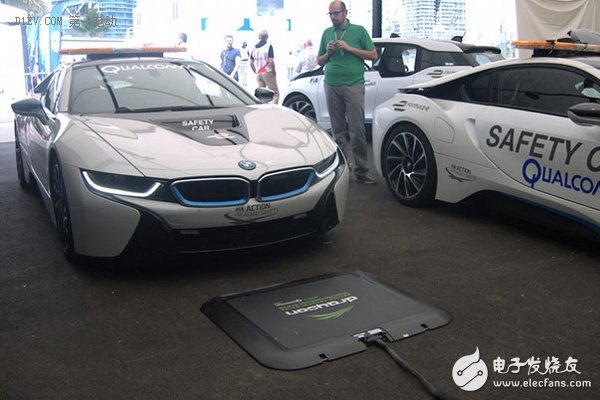
Although wireless charging devices are still far from universal, there are already quite mature products that are beginning to appear in the market.
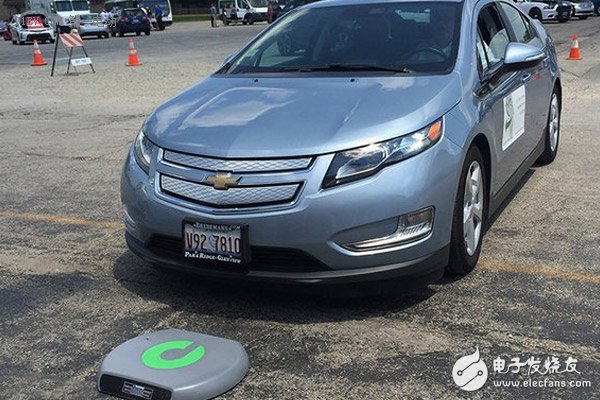
Nowadays, most third-party wireless charging equipment manufacturers choose to cooperate with car companies to promote wireless charging technology as soon as possible.
Honda’s patent application is very different from this method. Honda intends to equip the car with an electric arm. When the car is driving, the arm will extend out to contact the power grid on both sides of the road. Charging, so that you can achieve the desired effect of running while charging.
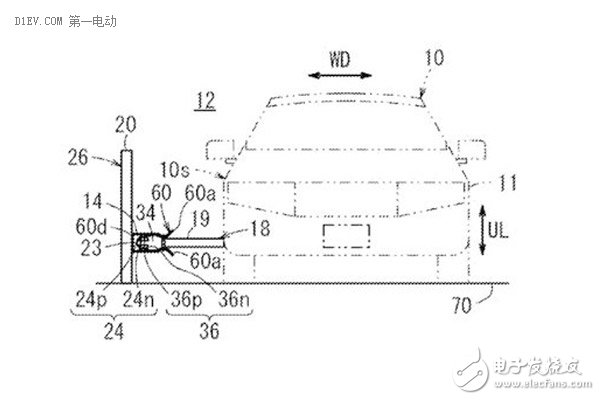
Patent schematic
It is not difficult to find that Honda's patent is to build a system that is simpler and relatively cheaper than ground-mounted electromagnetic coils, but it is also difficult to understand. First, is it reasonable to use public resources to build a rail-like grid road on the road? Second, if there is an unexpected situation, will the arm be in danger during the contact with the power grid, causing casualties? Third, under normal circumstances, if the rear car wants to overtake, the arm will cause inconvenience, which will inevitably cause certain driving pressure on the driver. Whether it is reasonable or not is also debatable.
In fact, Honda's philosophy has been reflected in the rapid road electric vehicle charging system project jointly developed by the Volvo Group, Alstom and the Swedish Energy Agency. Volvo built a test road about 0.25 miles long at the Hallered test center in Sweden. The test road has cables inside. This model is similar to Honda's idea, but Volvo may look more reliable.
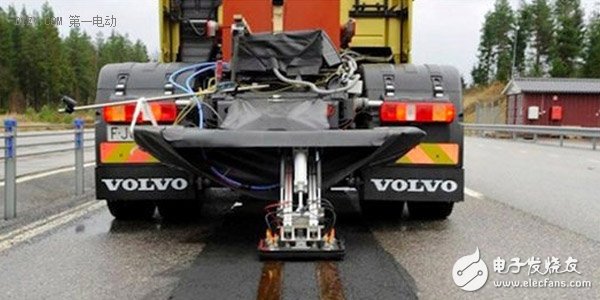
Previously Volvo's idea was similar to Honda, but from a practical point of view, Volvo's model may be more mature.
In fact, for Honda's new patent, you don't have to be too serious, because many patents want to show only an idea, whether this idea is in line with the actual situation remains to be verified. Honda's wireless charging mode is much more complicated than the mode installed on the parking space, and from the reality, there are some feelings of heavenly night talk. However, I sincerely hope that the wireless power transmission technology will be popularized, and the biggest charging problem that plagues new energy vehicles will not be enough!
All-in-one Energy Storage System
An energy storage system (ESS) is a device or set of devices used to store energy for later use. ESSs can store energy in various forms, including chemical, mechanical, thermal, and electrical energy. The stored energy can be used to power homes, buildings, or vehicles, or to supplement the power grid during periods of high demand.
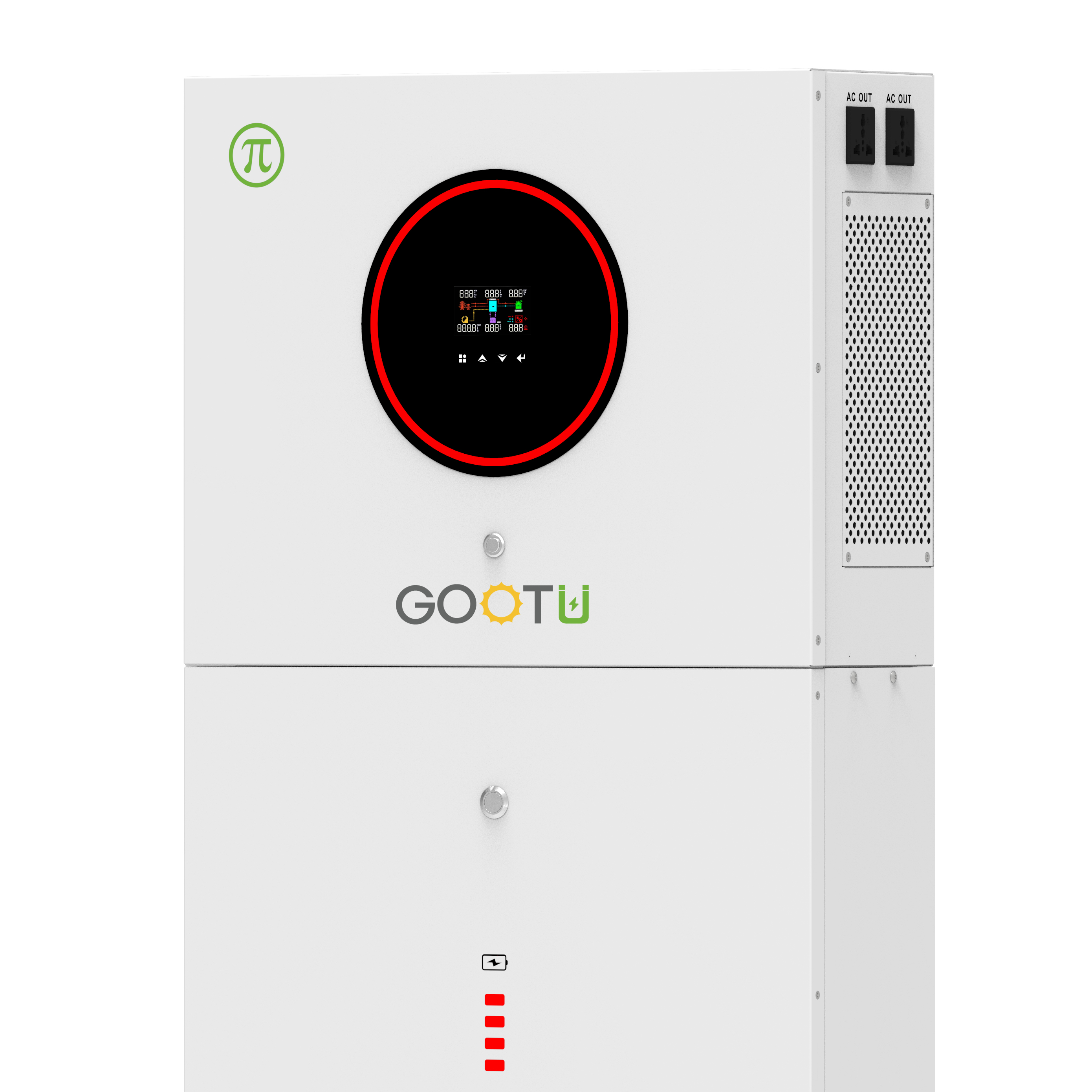
ESSs are becoming increasingly important as renewable energy sources such as solar and wind power become more popular. These sources of energy are intermittent, meaning they only produce electricity when the sun is shining or the wind is blowing. ESSs can help to smooth out these fluctuations in energy production and make renewable energy more reliable and cost-effective.
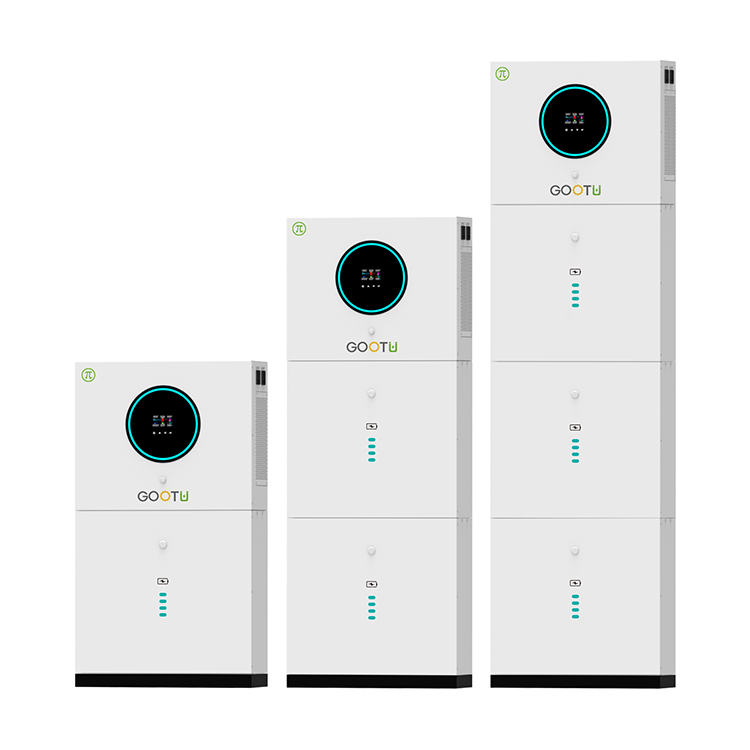
ESS is an integrated battery system that stores your solar energy for backup protection, so when the grid goes down your power stays on. Your system detects outages and automatically recharges with sunlight to keep your appliances running for days.GOOTU offers a modular, flexible design and can be easily customized to meet diverse customer needs.
Energy Storage System,Home Energy Storage System, Modular LiFePO4 Battery,Solar Energy Storage System,Renewable Energy Storage System
Shenzhen Jiesai Electric Co.,Ltd , https://www.gootuenergy.com